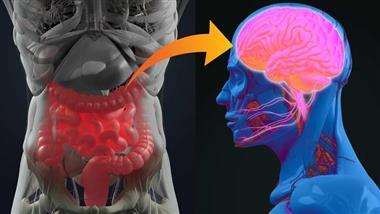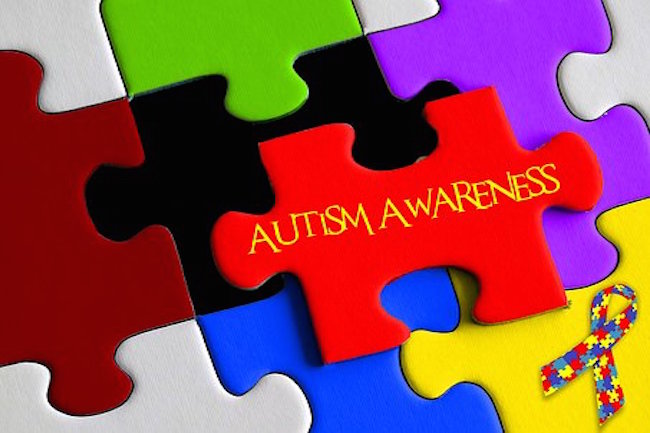Why Calcium Propionate Is Strongly Linked to Diabetes and Autism by Dr. Joseph Mercola for Mercola
The degree to which a food has been altered during preparation lies on a continuum. Anything not directly harvested from the vine, ground, bush or tree has undergone some degree of processing. Processing may be as basic as freezing, canning or drying, or it may involve ultra-processing where food is significantly altered — foods you may typically purchase at a gas station.
Unfortunately, Americans not only eat a preponderance of processed foods, but 57.9% is ultra-processed.1 A study in 2013 found health care costs associated with Type 2 diabetes were $140 billion as compared to $90 billion for tobacco products,2 and diabetes is directly linked to a processed food diet.
The difference in the amount of sugar between foods that are ultra-processed and minimally processed is dramatic. Data demonstrate 21.1% of calories in ultra-processed foods come from sugar,3 while unprocessed foods contain no refined or added sugars. As food choices have changed over the past decades, so have the rising numbers of health challenges.

For instance, Type 2 diabetes is rooted in insulin resistance4 and a faulty leptin signaling system. In other words, it is triggered by a sugar-rich diet and the cure is free and readily available to anyone willing to change their eating habits.
An inundation of glyphosate in the food supply,5,6 exposure to organochlorine pesticides7 and heavy metal exposure8 may also be contributing factors to the rising numbers of children diagnosed with autism.
Rising Rates of Autism and Diabetes Are a Public Health Concern
The most recent statistics from the Centers for Disease Control and Prevention9 indicate more than 100 million U.S. adults are living with diabetes or prediabetes. The report is based on 2015 data, which found 30.3 million have diabetes and another 84.1 million have prediabetes.
Diabetes is the seventh leading cause of death10 and may contribute to three other causes of death found in the top 10, including heart disease, stroke and kidney disease. According to the American Diabetes Association,11 1.5 million Americans are diagnosed with diabetes every year and 193,000 under the age of 20 have been diagnosed with diabetes.
The most recent data regarding the financial burden associated with diabetes indicates $327 billion were spent in 2017; direct medical costs were $237 billion, and business lost $90 billion in productivity.12 After adjusting for the age and sex differences of the population, statistics show the average medical cost in those with diabetes was 2.3 times higher than in those without diabetes.
Autism spectrum disorder (ASD) is characterized by repetitive behaviors and ongoing social challenges that vary in degree depending on where you are on the spectrum, including difficulty communicating and socializing.13 Often the symptoms are recognized within the first two years of life.
The CDC began releasing biennial updates of estimated prevalence among 8-year-old children from 11 states in the U.S. based on medical records in 2004. The first estimate recorded 1 in 166 children diagnosed with autism.14 By 2016 this number had risen to 1 in 68, and in 2018 it was 1 in 59, a 15% increase from 2016.
Prevalence of Autism May Be Higher Than Suspected
However, two independent research teams analyzed data from parent questionnaires and independently found different results, including 29.5% of children who were not being treated for the condition at the time of the study.15
The first survey, published in the journal Pediatrics,16 concluded parent reported autism diagnosis was 1 in 40.
The second study, published in the Journal of the American Medical Association,17 found the prevalence of autism varied substantially across states. Of those who were treated, 43.3% receive behavioral treatment only, 6.9% receive medication only and 20.3% received both.
In an evaluation of resources used from the Supplemental Security Income (SSI) program, it’s been determined there was an 8.08% use due to autistic disorder in 2004, which rose to 20.53% in 2014.18
Additionally, the category of autistic disorders has the second highest allowance rate, with little to no indication of a decline in growth of the number of children applying for and receiving SSI benefits for autism.
Calcium Propionate Associated With Exacerbation of Autism Symptoms
While no one factor has been linked to the development of autism, the food additive calcium propionate (E282)19 has been linked to an aggravation of symptoms, and may play a role in the development of the condition.
Calcium propionate is a widely used additive in the food industry as a preservative and antifungal agent routinely sprayed on fruit, packed meat, cheese and bread.




